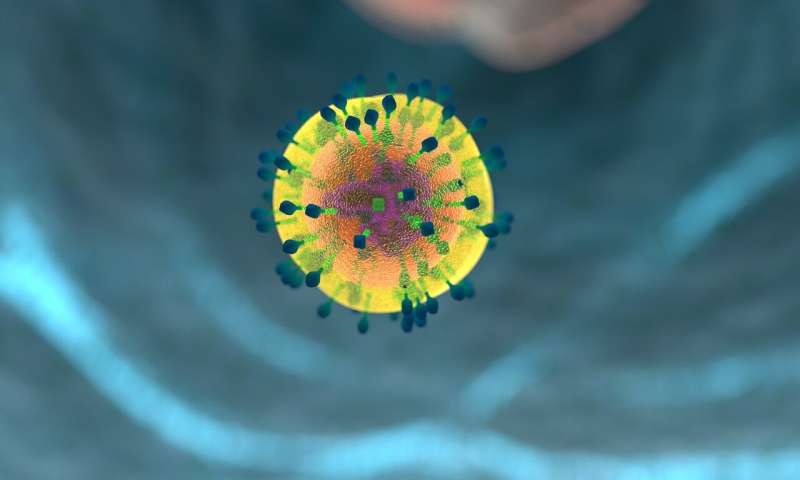
Researchers have gained a better understanding of the complexity of the environment in which T cells thrive and, by extension, the tolerance mechanisms of these cells which are an obstacle to cellular immunity.
Published in Nature Communications, the new study was directed by Dr. Marie-Ève Lebel, a post-doctoral intern at the Maisonneuve-Rosemont Hospital Research Centre, which is part of the Centre intégré universitaire de santé et de services sociaux de l’Est-de-l’Île-de-Montréal (CIUSSS-EMTL).
Ms. Lebel works in the laboratory of Dr. Heather Melichar, a researcher at CR-HMR and assistant professor in the Department of Microbiology, Infectiology and Immunology at Université de Montreal.
Carried out in collaboration with researchers at the Lady Davis Institute of McGill University and at Harvard University, Lebel’s work promises to improve the efficacy of cell therapy.
T cells are an important component of the immune system, which allows the body to be protected against infections, as well as contributing to eliminating cancer cells that are recognized as being foreign to the organism.
The use of the immune system to destroy tumor cells, called immunotherapy, has not only allowed for an increase in the survival rate of cancer patients, but has also meant a cure for patients with advanced stage cancer and/or those patients for whom traditional therapies have failed.
Nevertheless, several obstacles can hinder the efficacy of immunotherapy due to T cell tolerance mechanisms that produce a state of immune non-response to a specific antigen. Lebel has focused on understanding these tolerance mechanisms in order to counteract the inability of certain T cells to attack diseased cells.
She and her colleagues have been able to identify certain factors that influence the development of T cells by better understanding the environment in which they develop and the interaction between cells.
Ultimately, these elements have a major impact on the body´s capacity to control an infectious agent, or even the growth of tumor cells.
Source: Read Full Article
